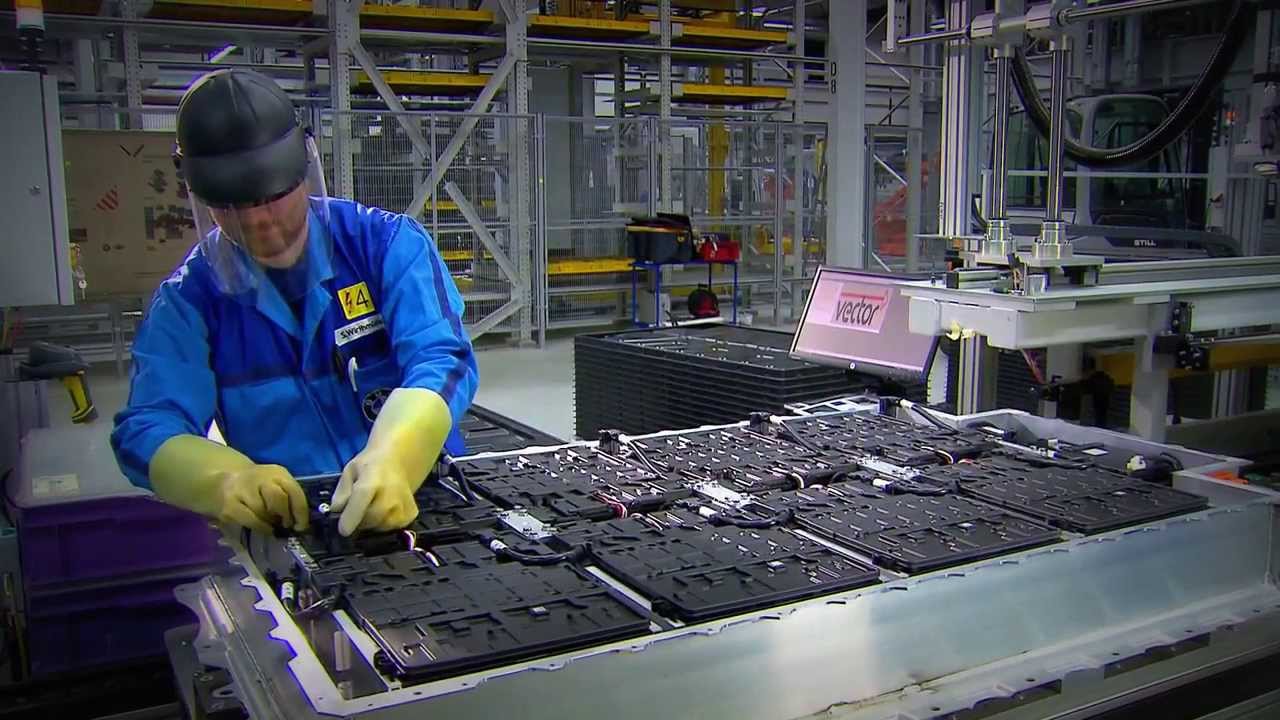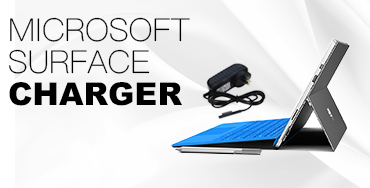

“And post-2025, there won’t be a single car in the Western world plus China that won’t have electrons playing some role in the powertrain. “We aren't going to have 170,000 charging stations in 2025 as we have 170,000 gas stations today.”Ĭoncerns about charging infrastructure notwithstanding, Dhar expects EVs to achieve 35% penetration globally by 2040.

The consumer’s range anxiety will shift to recharging-station anxiety. They will be restrained by a lack of recharging stations. This can be compensated for without sacrificing the 400-mile (640 km) range by increasing battery capacity to 57 kWh.”ĭhar insists all-electric and plug-in hybrid cars “will not be restrained by a lack of battery. “With all other cabin comfort load (including air conditioning and heating), the range will drop by 15%. A 50-kWh battery with 400 Wh/kg of specific energy can easily take the car 400 miles (640 km) within the allocated weight limits for the battery. “In practical terms,” he explains in an interview following his Traverse City presentation, “a typical electric car would consume about 125 Wh/mile (78 Wh/km) at a constant speed of 55 mph (88 km/h). Looking five years out to 2022, Dhar expects energy density of lithium batteries to reach 400 Wh/kg, which means a driving range of 400 miles (640 km) employing a 50-kWh battery pack. He further predicts the next-generation battery will use solid-state technology and will find its way into consumer electronics by 2025, then into EVs by 2028. Speaking at the recent Center for Automotive Research Management Briefing Seminars here, Subhash Dhar, founding president of Ovonic Battery and most recently CEO of XALT Energy, expects lithium battery costs at the module level to reach $125/kWh by 2022 due to improvements in materials, processes and automation, coupled with new cell designs and higher volumes.
Batteryexpert free#
She was then told the next flight wouldn’t be until the next day.Ĭlare said the airline initially refused to pay for another flight that day, but she insisted she would be flying back to Perth.Īfter what she claims was “an hour or two”, she was approached by a Qantas staff member, who are the parent company for Jetstar, and offered a flight for that day at 8pm, free of charge.TRAVERSE CITY, MI – A respected industry consultant predicts battery prices will come down sufficiently in the next five to seven years to make electric vehicles viable from a cost, driving range and supporting infrastructure standpoint. However, in the time Ms Vertannes had reported to baggage claim, her original flight had taken off.

The Civil Aviation Authority, who are responsible for flight safety in the UK, has warned of the risk posed by counterfeit batteries before, saying they pose a "significant risk to flight safety". With overheating devices potentially causing fires on board, they are seen as more of an immediate threat than landing in water. It is thought that the new message is now a more important part of the pre-flight briefing than the part about life jackets, with the buoyancy aids only used in extreme circumstances.

Passengers are being asked to inform flight attendants if their device overheats, or is lost in the seats. “They’re now banned on commercial planes."īatteries in cabin bags are also problematic, becoming such an issue that Ryanair now warns passengers about the dangers of battery-operated items as part of their pre-flight safety announcement. “There’s been a movement in the last few years to restrict the number of batteries that have been shipped on planes. “Holds are equipped with fire suppressant systems but these systems aren’t always effective against those types of fires. He told Sun Online Travel: "If a fire was to occur in the lower hold then crew people on board won’t have an understanding of what is happening or how fast it’s spreading.
Batteryexpert portable#
Clare Vertannes' bag turned out not to contain any lithium ion batteries, but airlines have strict rules on how they are allowed onboard planes.Īviation Expert Patrick Smith from Ask The Pilot explains why having portable battery packs in checked-in luggage is dangerous.


 0 kommentar(er)
0 kommentar(er)
